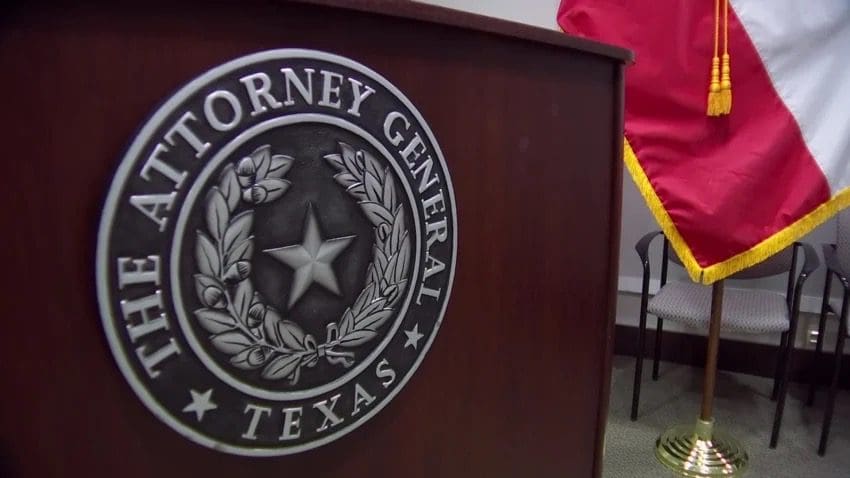Secretary of State Jane Nelson filed official responses opposing the Texas GOP’s effort to close the primaries in federal court late Thursday.
Nelson’s filings urge dismissal of the GOP’s lawsuit against the State and directly oppose the joint consent judgment Attorney General Ken Paxton and GOP leaders sought earlier this month to close Republican primaries immediately.
“This lawsuit is about protecting Republicans’ right to choose their own standard-bearers,” said Texas GOP Chair Abraham George when the party filed the lawsuit.
Already implemented in states like New York and Florida, closed primaries would allow only registered Republican voters to select Republican nominees. Currently, Texas operates an open system where any voter—including Democrats—may vote in Republican primary elections.
Nelson’s motion to dismiss argues that the plaintiffs lack standing and that the issue is not ripe for review, noting that Rule 46—the closed primary rule cited by the Texas GOP—will not even take effect before June 2026 and still requires ratification by party delegates.
Nelson further maintains that her office, not the party or attorney general, implements election procedures according to Texas law and legislative action.
“As Secretary of State, it is my responsibility to present a defense of Texas’ election laws to the court,” Nelson stated. “Contrary to several recent public postings, I have never expressed opposition to closed primaries, and I would gladly implement any statutory changes that the Texas Legislature sees fit to enact in the future. But the existing statutes were duly enacted by our Legislature. I put my hand on Sam Houston’s Bible and swore an oath to uphold the laws and Constitution of this state, and I am bound to do that.”
In her formal response to Paxton and GOP leaders’ joint motion for consent judgment, Nelson asserts that the proposed settlement is “collusive,” lacking true adversarial posture, and requests that the court deny the motion on multiple grounds.
She argues the lawsuit is premature, as any Republican primary rule changes would not apply until the 2028 election cycle, giving lawmakers ample time to address reforms legislatively.
With Nelson’s challenges now filed, the court faces dueling positions from the same branch of state government.
The SOS’s motion to dismiss will be considered in an upcoming hearing and determine whether the court can proceed or must decline to issue a judgment at this stage—potentially delaying or even derailing efforts to overhaul Texas’s open primary system before 2028.





